The TANK Gets An Upgrade in 2026!
At V3-Power, we design batteries is built to deliver longer run times, fast charging...

 batteries
batteries
Public or private places all need quiet environment and fresh air. Our batteries generate no emissions, no noise pollution, and work efficiently.
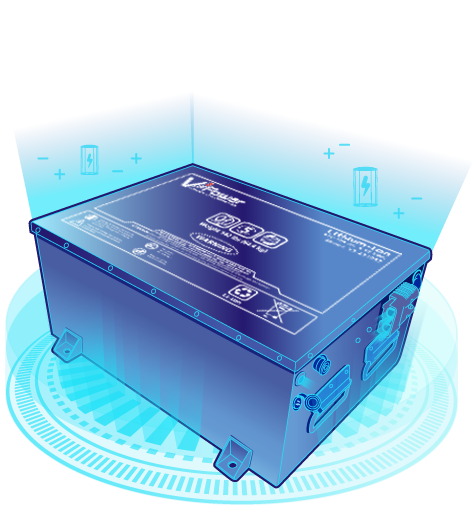



Our lithium-ion batteries are engineered for high performance and reliability, our fully electric lithium-ion batteries deliver professional-grade power in multiple capacity options.
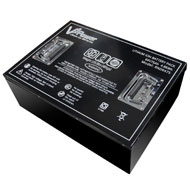
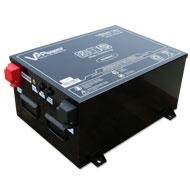

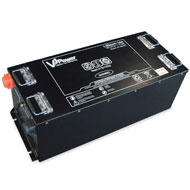
The design life of the V3-Power lithium-ion golf cart battery is 15 years. We offer a five-year warranty for our golf cart batteries.
Maintenance Free. No water filling, no terminal tightening and cleaning of acid deposits on the top of our batteries.
Spend less time plugged in and more time moving. V3-Power batteries recharge quickly and efficiently, keeping you powered and productive.
The lithium-ion battery is environmentally friendly. No lead evaporation. No hydrogen emissions during charging.No emission of toxic / hazardous chemicals.
Longer lasting, V3–Power, long range, eco-friendly lead-acid battery replacement. Power your golf cart with green energy. No more water filling, no terminal tightening, and cleaning of acid deposits on the top of batteries.
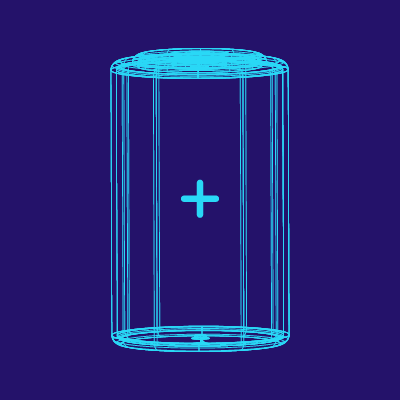

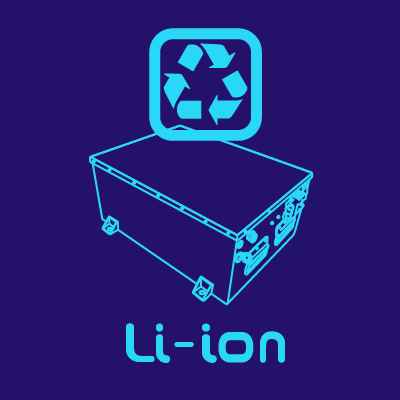
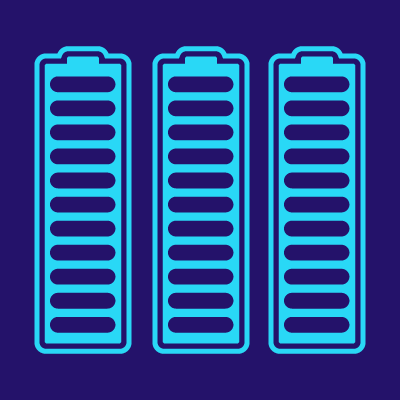
The history of Lithium Battery Power.
There is a global clean energy revolution taking place, and Lithium Battery Power is at the forefront. This powerful innovation in electric batteries is quickly becoming a game changer. But, how does our state of the art lithium-ion improve preformance? And, what does the future hold for Lithium Battery Power?
At V3-Power, we design batteries is built to deliver longer run times, fast charging...
When it comes to powering your golf cart, not all batteries are created equal. For years...
As Tesla signed a fixed-price binding agreement with an Australian miner. While...
At V3-Power, we’re committed to pushing the boundaries...
Unlike your typical battery, lithium batteries have built-in controllers that are electronic, which regulate charging and discharging. This can prevent overheating and overcharging.
Beyond that, Lithium ion batteries contain no cadmium (heavy toxic metal), so you could say they are better for the environment, though dumping any plastics or metals into landfills is never good. lithium-ion in cars Compared to your heavy rechargeable batteries such as car batteries (lead acid), Lithium-ion batteries are quite light considering the amount of energy and power they can store.
The first thing we should touch on is the charging speed. The Lithium-ion battery is going to charge much faster than traditional batteries. For example, traditional Lead Acid Batteries will need a solid 8 hour charge when completely depleted. Lithium-ion batteries are going to charge almost 80% of the battery in 1 hour, and can completely charge in 3 hours.
Lithium-ion batteries are going to last you a lot longer than traditional Lead Acid. The chemistry used in Lithium allows for more charge cycles. You may notice that your lithium ion battery gets 3 to 5 thousand cycles in its life, where your traditional battery will only see 1,000 cycles max. So yes, and by a pretty significant margin.
Lithium-ion batteries are very light compared to traditional batteries. Lithium-ion batteries can weigh anywhere between 70 and 100 pounds. Traditional Lead Acid batteries can weigh up to 330 pounds!
If you convert your golf cart to lithium-ion batteries, you could potentially lose almost 300 pounds of weight. This could increase ride height by a half an inch, and even help to increase battery efficiency.
If you are thinking you have to constantly watch water levels and continuously refill your batteries, think again. Lithium-ion batteries require zero water or filling, which means no more corrosion. This is a huge selling point for most businesses, venues, hotels, etc, considering all they have to do is plug them in for a charge and go.
Another massive difference between Lead Acid and Lithium-ion is the charge depletion over time. What happens if you don’t touch or start your golf cart for a month? The traditional battery is going to lose almost 35% of its charge if left sitting for a month.
A Lithium-ion battery on the other hand is only going to lose 3% of its charge in a month. So essentially you could leave your fully charged cart sitting in your garage for a year, and the battery will still be 75% charged. Pretty amazing stuff.
If you use a traditional Lead Acid battery, you’ve probably noticed how it can lose power the more you run it. As the batteries heat up and lose their charge, the power of the cart and the torque get lower as the battery charge depletes.
Lithium-ion batteries work on full power all the time, no matter how much charge is left. This is very similar to your phone. If you have 50% battery or 2% battery, that golf cart will have the same torque and power.